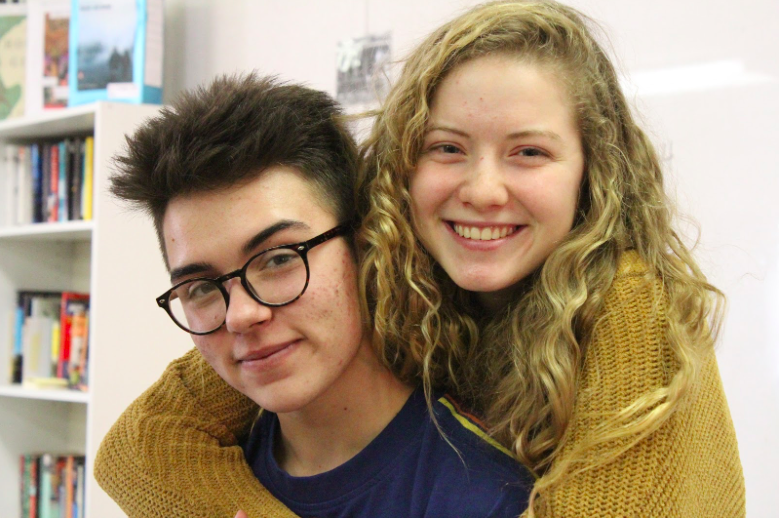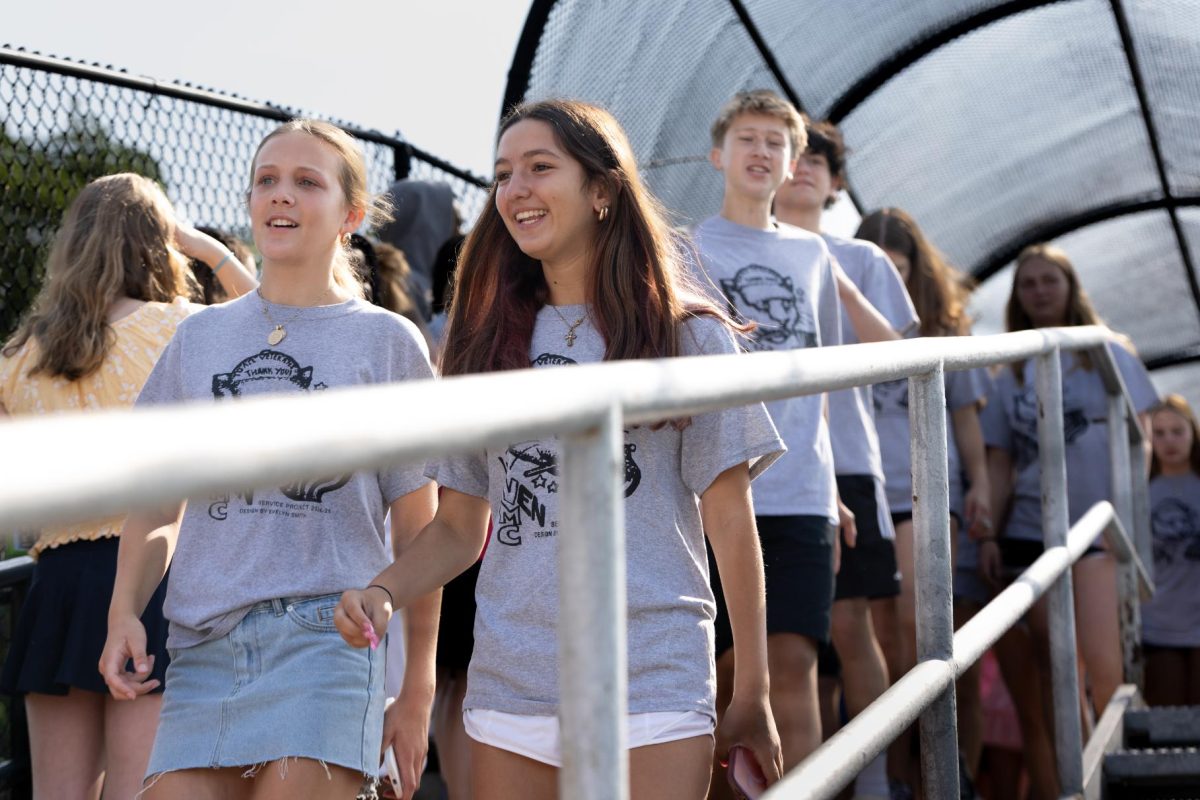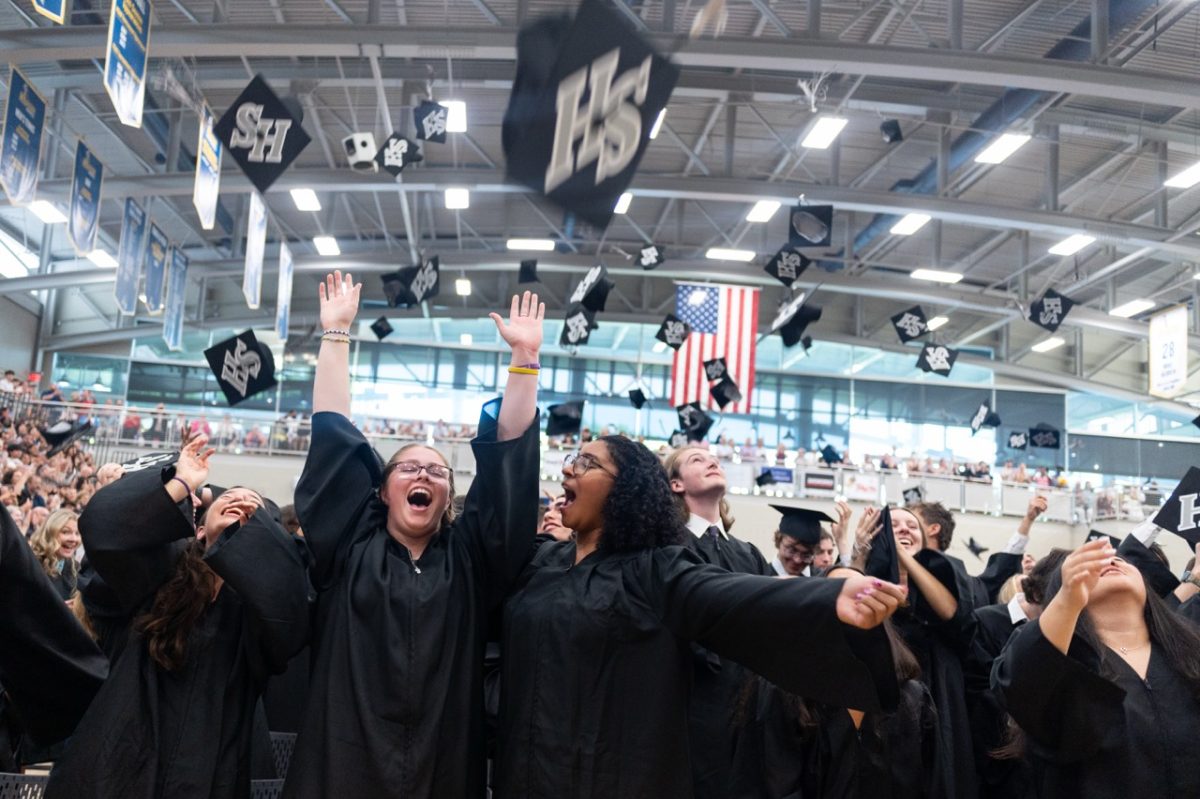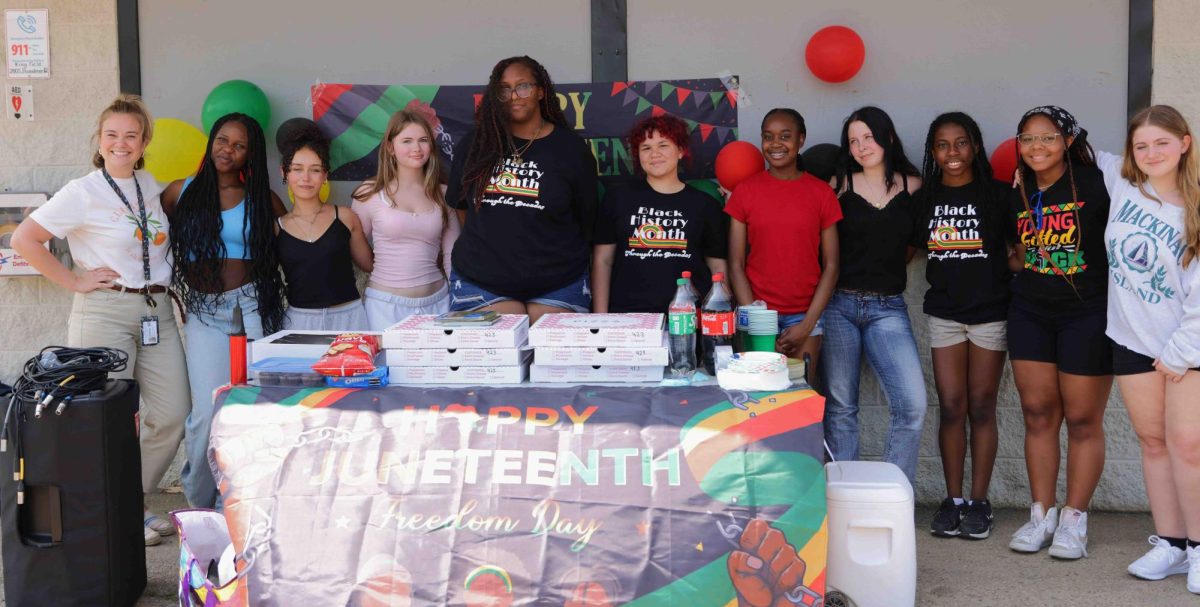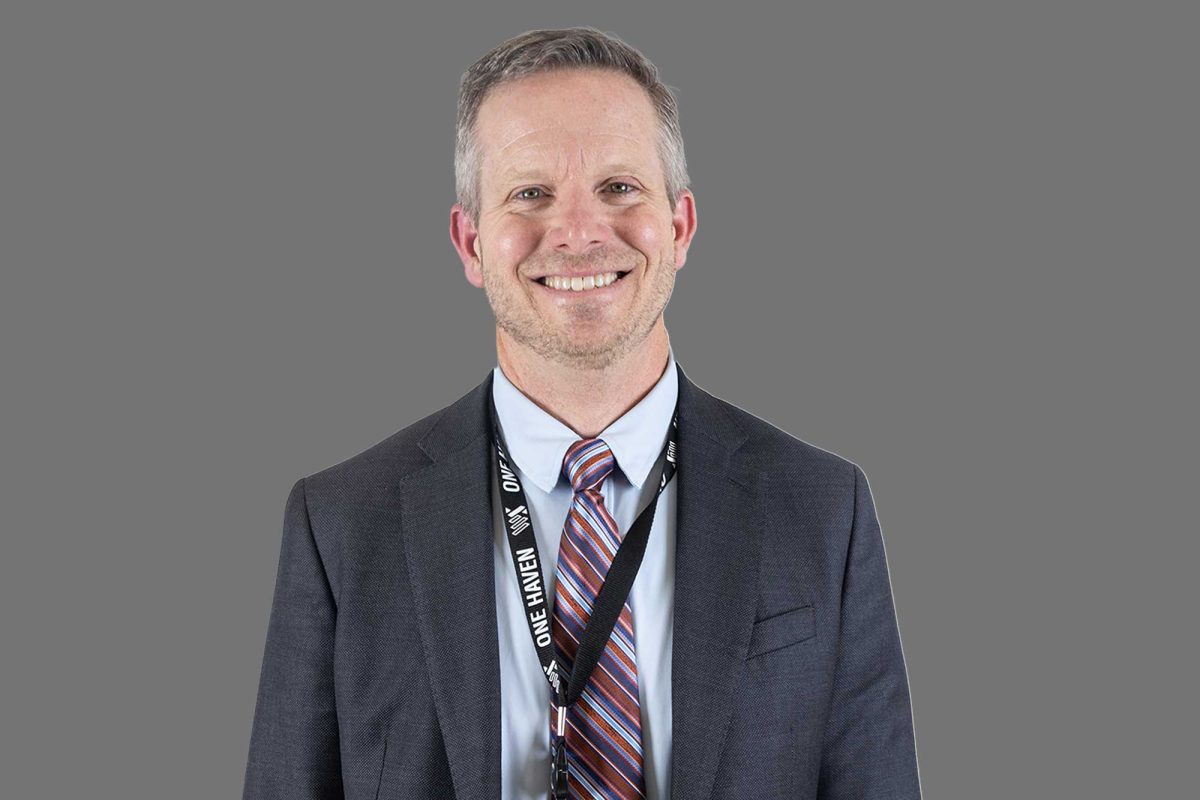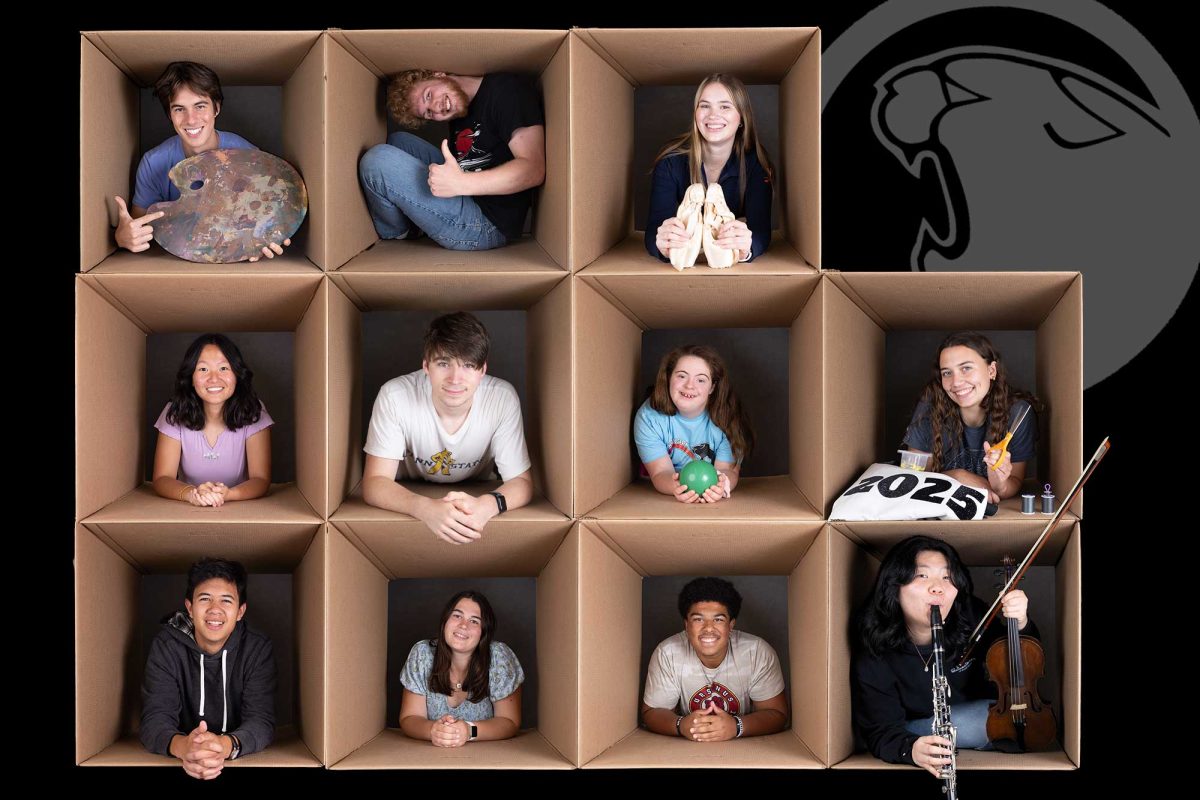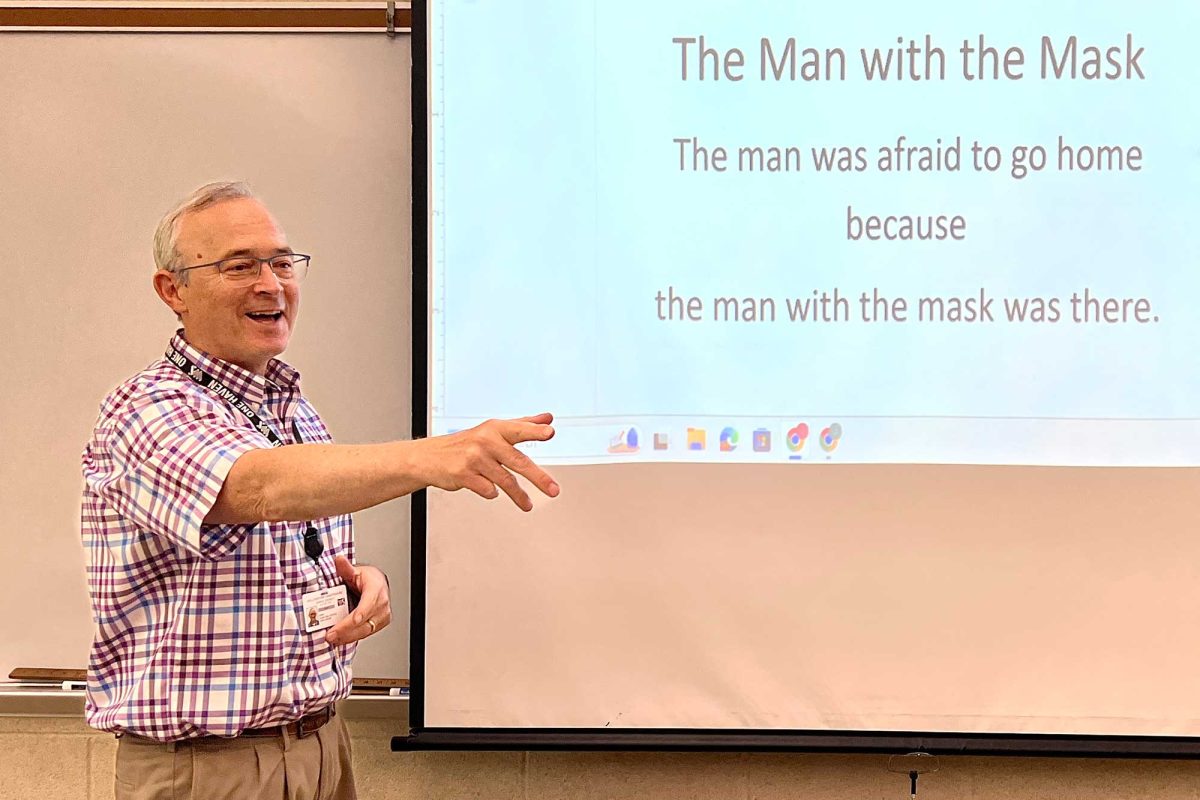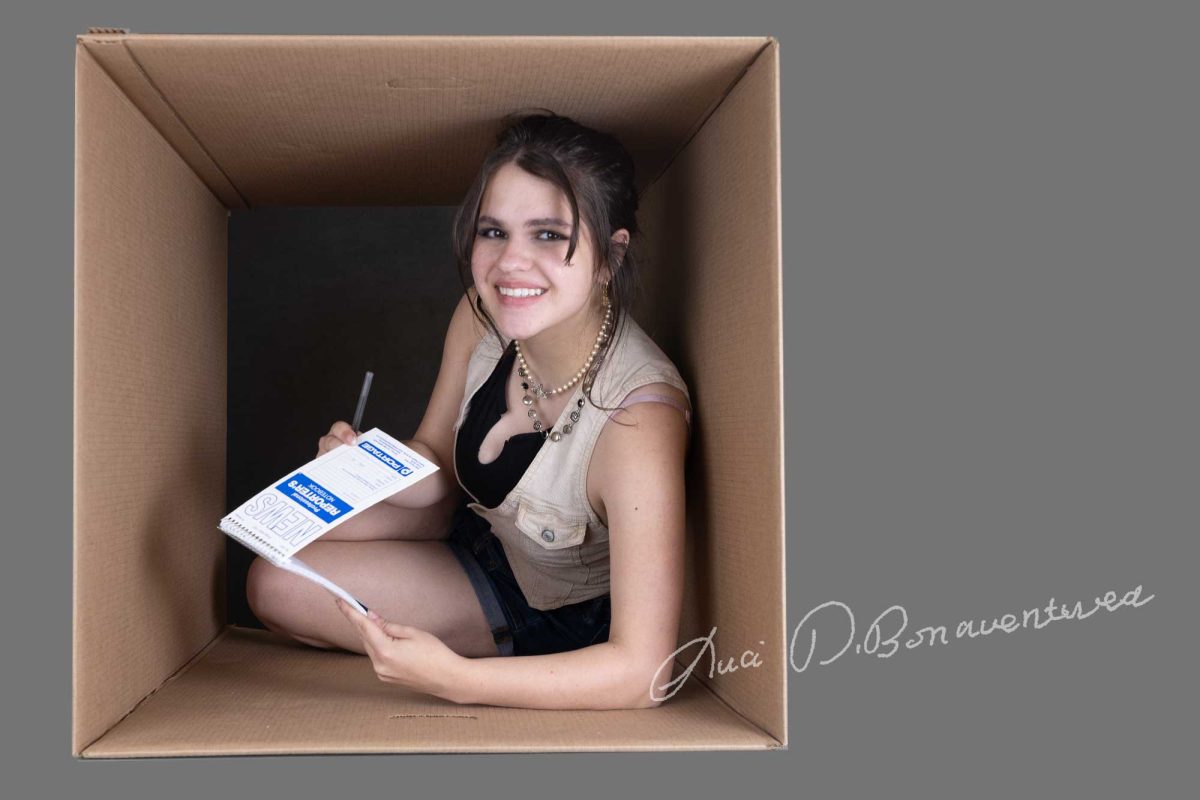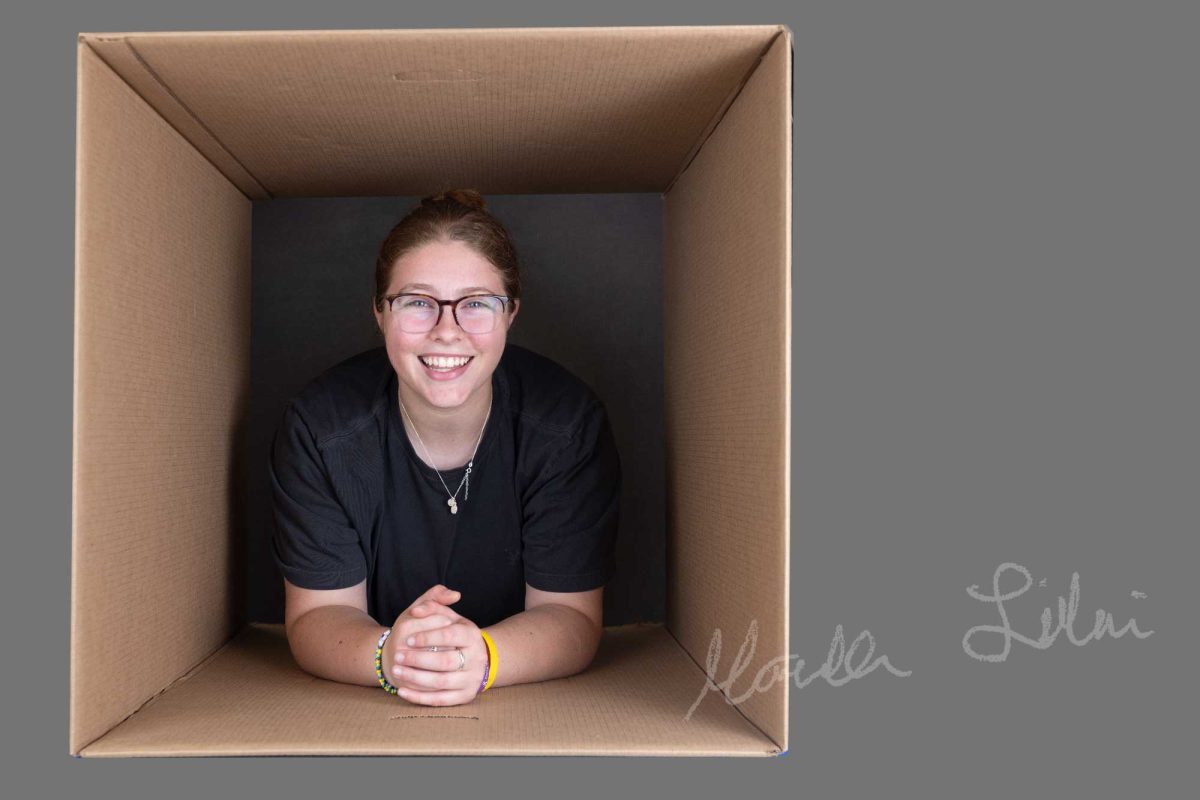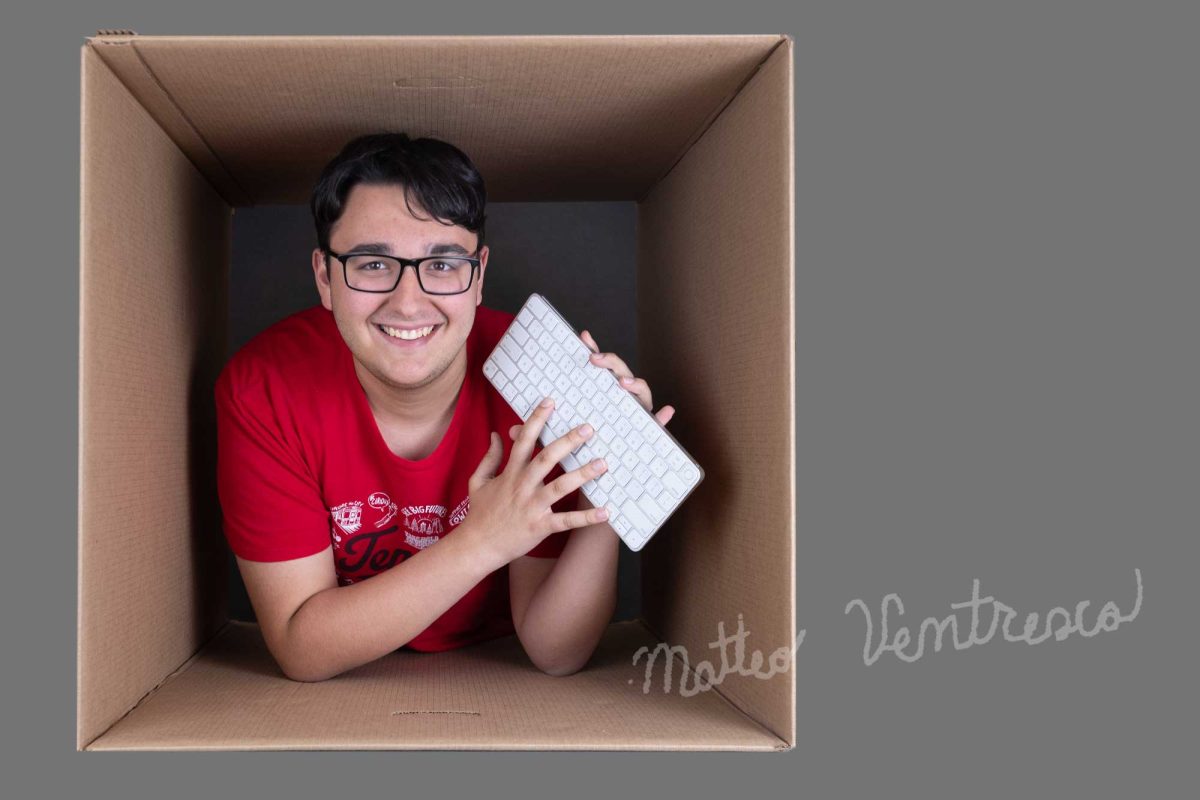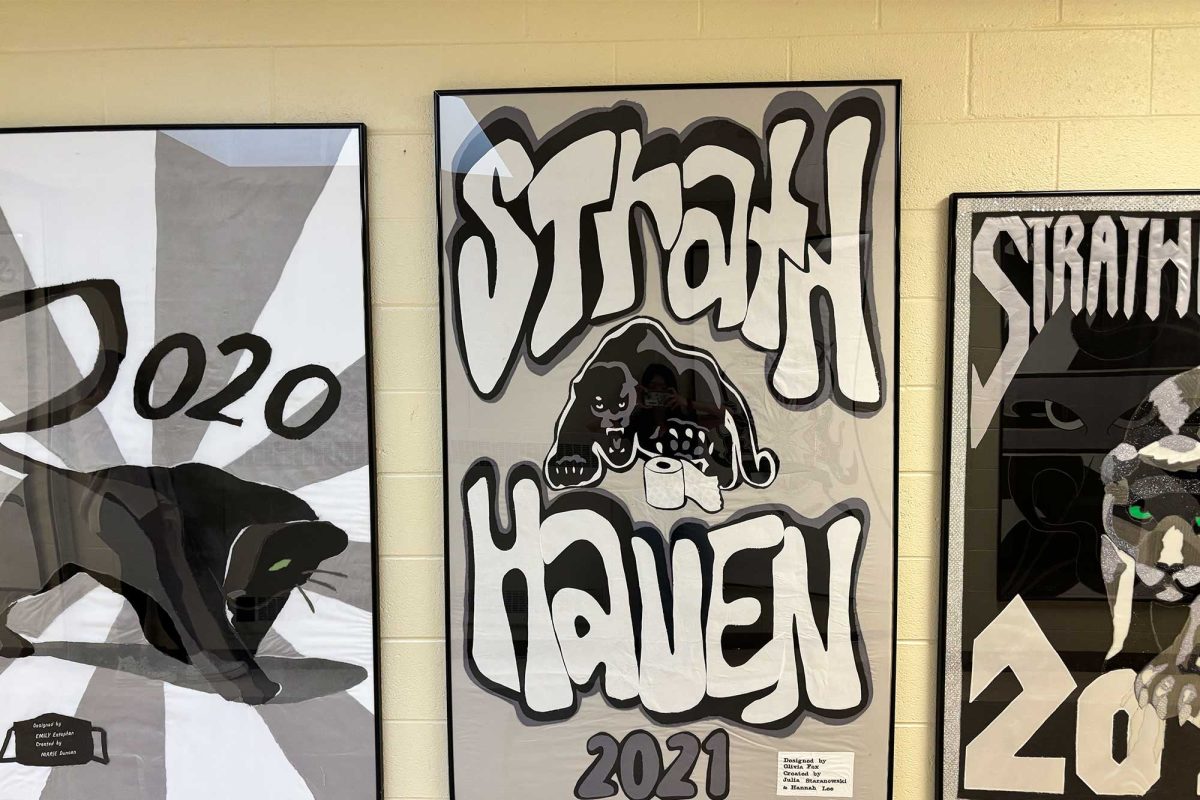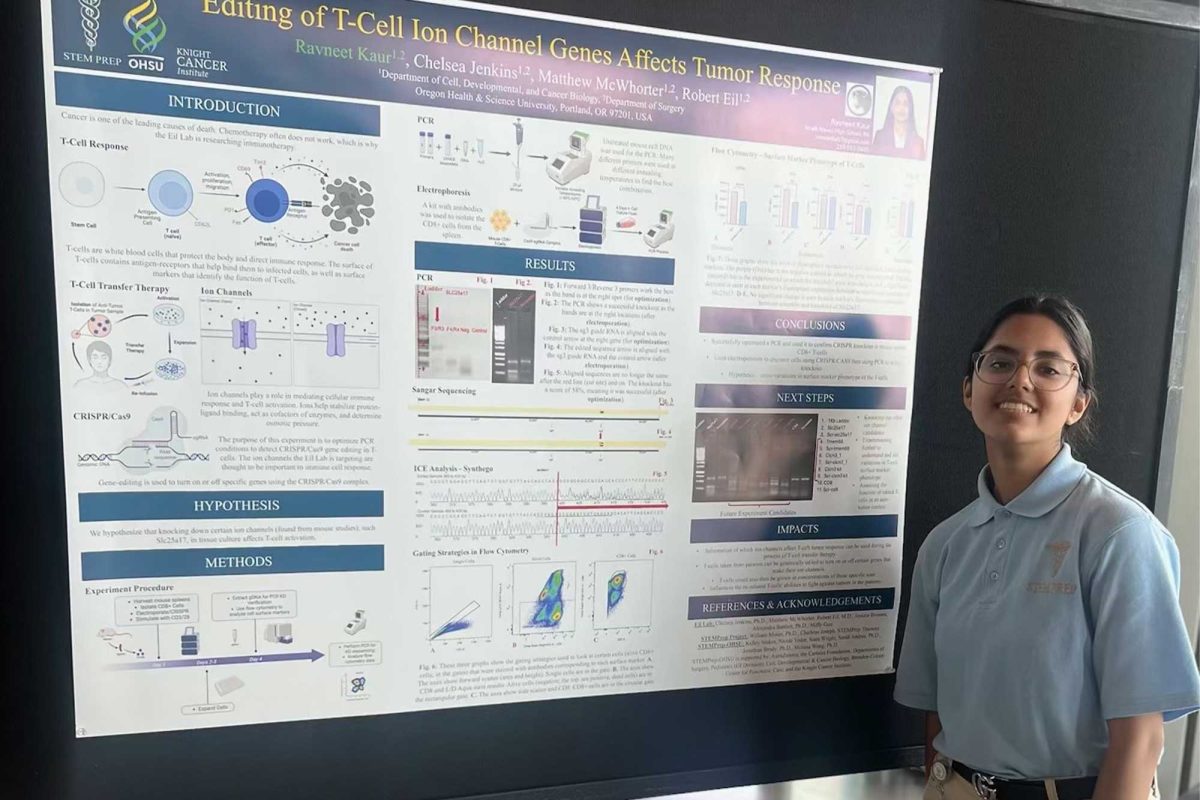In December of 2018, the Strath Haven High School’s Gender-Sexuality Alliance (GSA) club came into tenth grade health classes to talk about the LGBTQ+ community. GSA is a club that promotes equality and inclusivity for everyone, regardless of sexuality or gender identity. For over 10 years, GSA has provided students with the opportunity to learn from their peers about various LGBTQ+ topics.
However, the presentations of this year did not go so well. Some classes were particularly resistant, but problems occurred throughout all of the presentations. A number of students refused to acknowledge the prevalence of the LGBTQ+ community and issues, even going as far as to harass the presenters. While some students had genuine questions, others were blurring the line between expressing their personal beliefs and blatant animosity.
“It was terrible,” Cael Milbourne, a student from Ms. Reid’s 4th block class, said. “The class behaved terribly. The presenters were great, but some of the students had no respect for what the GSA was saying and trying to do. Several people were incredibly uncomfortable at what the other students in our class were saying”.
“I overheard some of my classmates muttering transphobic and homophobic things. They seemed intent on starting a debate despite the fact that the presentations were supposed to be educational.” Helen Adair talked about how she thought it went. “There was one particular student who compared trans people to a hypothetical person who thinks they are a dog. They didn’t convince anyone that trans people are invalid but they did convince us that they think they’re a dog. I thought that things were a lot more progressive, but I guess it’s a bit worse than I thought.”
“Overall, most of the class pretty open-minded, but the reactions from a few of the students had a negative impact on the classroom’s atmosphere. Personally, I thought the presentation helped me with the clarification of certain terms,” another sophomore who preferred remain nameless told us.
Despite the backlash received, the importance of learning about the LGBTQ+ community continues to be the reason that the GSA presentations go on. These presentations provide students with information that they might not usually be exposed to on their own. A lot of gender and sexual minority students across the country do not feel welcome or safe in the school environment, so the incorporation of presentations and education regarding LGBTQ+ topics opens a door to self-acceptance and belonging.
Discrimination and inequality extends throughout society, our communities, and even individual households. Many LGBTQ+ students have intolerant families, unable to truly be themselves at home—but there are also a great number of students with strong support networks. For those who don’t have the support, it is important to create a safe and welcoming environment where they can express themselves and feel comfortable. A wonderful opportunity for students is the Rainbow Dance, which will take place on February 14. The Rainbow Dance is an all-inclusive school dance designed to promote equality and pride. Proceeds will go to the Ali Forney Center, a center for homeless LGBTQ+ youth.
Grayson Ray, one of the presenters, elaborated on the issue. “I almost think the more important thing to think about in this situation is all of the LGBTQ+ people who sat in that room silenced by hatred. Teaching about people’s identities is beyond important. The LGBTQ+ community fits into so many aspects of schooling, and more times than not we get overlooked and the topic is pushed away—it’s like it has to be an unspoken topic. Why don’t we get taught sex education? Why are we excluded from the timelines in history class? Growing up, we spend the majority of our time in school and a lot of our opinions and views on the world are based off our experiences in these years. How can we expect our peers to respect us when even the people teaching us are ignorant to the topic? Once we start destigmatizing diverse identities [we might] be able to talk about who we are without a fight.”
It is important to reflect upon what happens in our school on a daily basis because we do have the power to help end it. What causes students to be so unaccepting of the LGBTQ+ community—what leads them to turn towards hate instead of love? Most importantly, how can we work together to create a safe environment for everyone, regardless of our differences?



